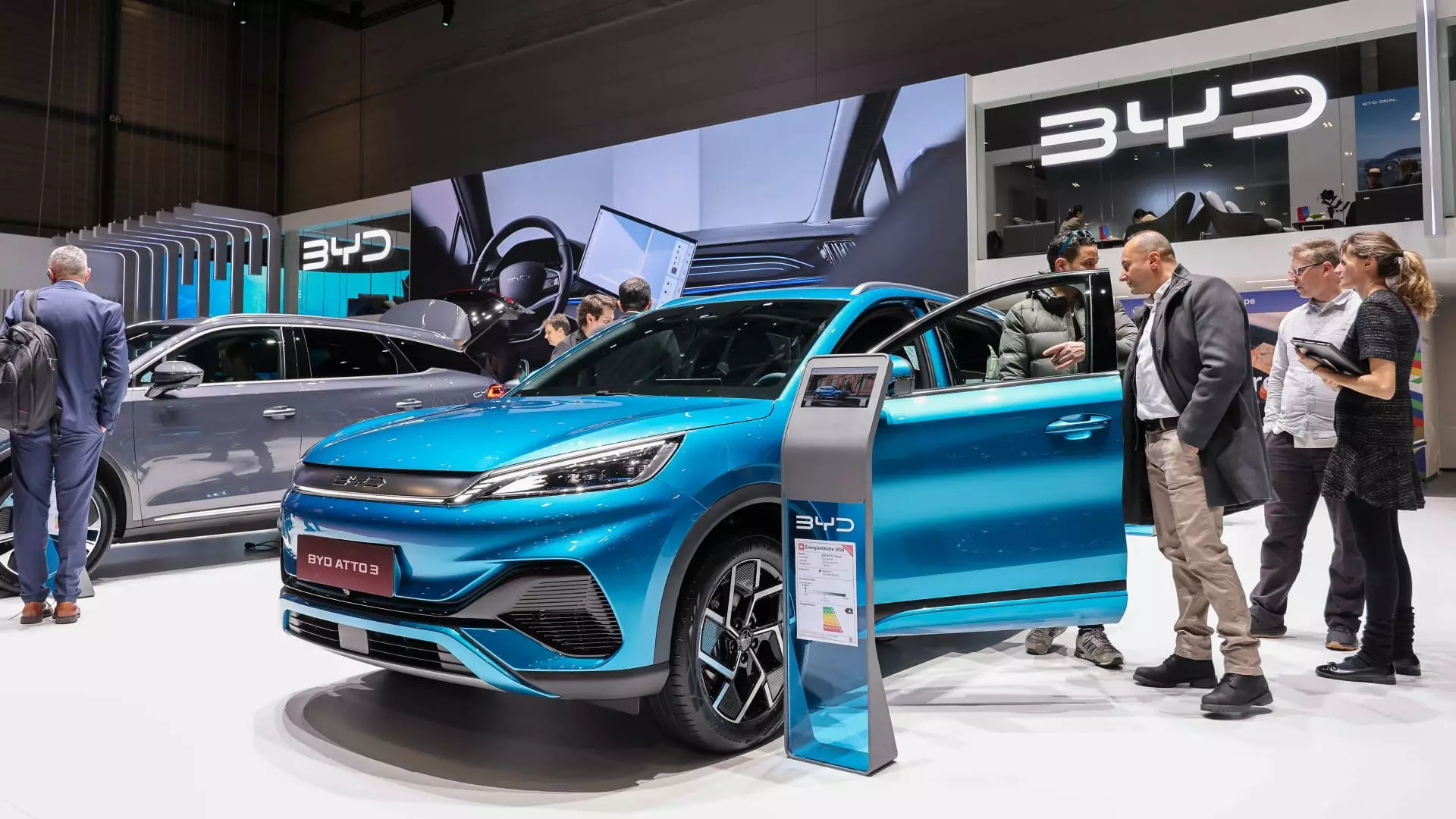The latest policy analysis reveals that China-made electric vehicles are poised to capture a significant portion of the EV market in Europe. Surpassing a quarter of EV sales this year, the country’s market share is expected to increase by more than 5% compared to the previous year. In 2020, approximately 19.5% of battery-powered EVs sold in the EU originated from China, with France and Spain leading the pack with nearly a third of their EV sales coming from Chinese manufacturers.
Looking ahead, projections indicate that the share of China-made vehicles in the European region will continue to rise, reaching just over 25% by 2024. Chinese brands like BYD are intensifying their global expansion efforts, contributing to the anticipated market growth. While Western brands like Tesla currently dominate the EU EV market, Chinese brands are poised to carve out a significant market share, accounting for 11% of the region’s market in 2024 and potentially reaching 20% by 2027.
However, the surge in China-made EVs in Europe has sparked concerns regarding unfair competition and subsidies. The European Commission is investigating subsidies provided to Chinese electric vehicle manufacturers to assess if they pose a threat to local companies. Brands like Tesla and BMW, which produce EVs in China for export, could also be implicated in the ongoing investigation.
Experts cite incentives implemented in China in the early 2010s as pivotal in driving the growth of the EV market in the country. The increased battery cell capacity and support for startups in China have paved the way for affordable EVs, outpacing developments in the EU and the US. According to industry insiders, Europe and the US lag behind China in terms of EV affordability and quality due to a delayed focus on EV engineering and design by legacy automakers. To level the playing field, T&E recommends raising tariffs on China-made EVs to at least 25% to align their prices with their EU counterparts.
Despite the potential challenges posed by policy risks and competition, China-based manufacturers like Tesla and BYD are ramping up their manufacturing efforts in Europe to address concerns and ensure a strong foothold in the market. Europe’s quest for self-sufficiency in battery cell production could be a key factor in shaping the future landscape of the EV industry, as the region strives to balance affordability and competitiveness in the increasingly globalized market.
The rise of China-made electric vehicles in Europe signifies a transformative shift in the automotive industry, presenting both opportunities and challenges for market players and policymakers alike. As the EV market continues to evolve, collaboration and innovation will be crucial in driving sustainable growth and ensuring a diverse and dynamic market for consumers.


Leave a Reply